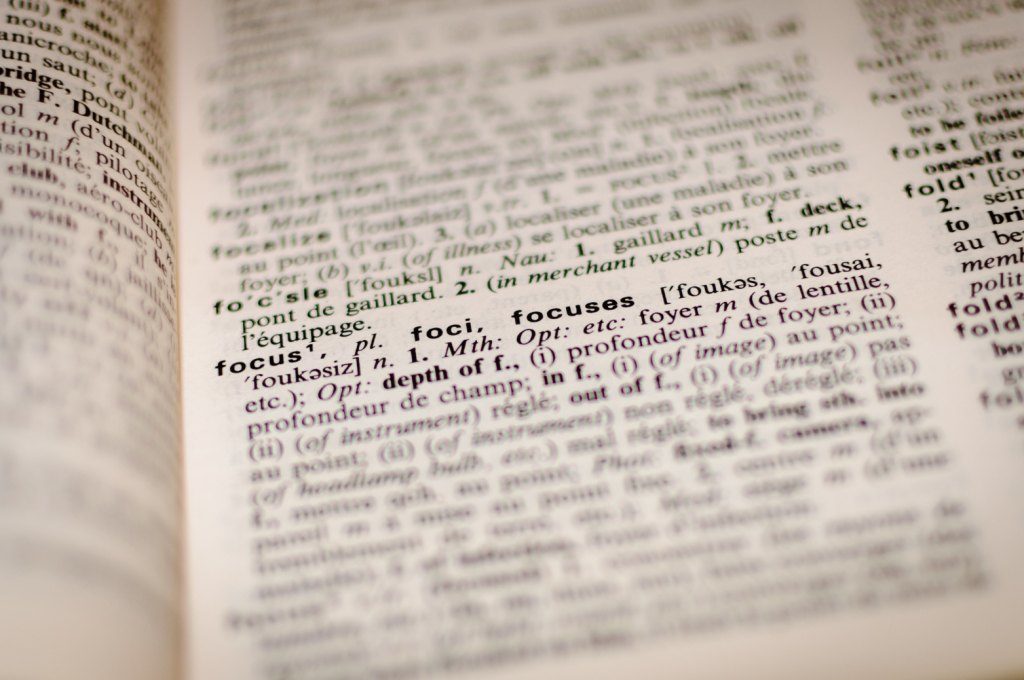Sometimes proposal writing seems like a science in itself with all its rules and its special jargon. Words that have a specific meaning in the “normal world” can mean something very different in the context of development work. There is an entire vocabulary that you have to learn to be able to maneuver the world of grant writing – or so it seems. Also, this vocabulary is always evolving, and words that everybody used last year might be a big “no” this year. But why is this the case? Why does the use of words change so much and why is it important for you to pay attention to this? Read on to understand a little bit more about the background of this.
A brief digression to history – from aid to cooperation
In the world of development cooperation, there is one main paradigm shift that has informed many of the changes in language that we see today. In the 1950s, when the idea of development cooperation was born and richer nations started to invest in projects in less developed ones, it was mainly a top-down approach. Scientists, politicians, and project officers from developed countries decided what to do and projects were implemented many times without any input from the local communities. Project partners were not seen as partners, but as mere recipients of aid, which put them in a very passive position.
Over the last decades, this has changed a lot. Many studies have proven that the cooperation of the target communities in all stages of the project is of core importance for the success of the project. Implementing agencies had to acknowledge that local communities have knowledge and skills that have to be used and incorporated into a project to be successful. More and more countries and agencies accept this as fact and try to work together with the communities in a partnership.
Today, no one says “development aid” anymore, people talk about “development cooperation”. This change in language reflects the paradigm shift that happened in the last decades. More and more words that depict the target communities as passive have come under scrutiny and are slowly being replaced by words that describe them as active partners.
What people want to be called vs. what they have been called in the past
Another area where the vocabulary has changed a lot is the labeling of specific groups of society. Some people call it a move towards political correctness, but in the end, it only reflects the fact that society learned that all people have voices that need to be heard. I.e., in the past, many times the identification of ethnic groups was defined by people who are not part of that group. For the people of this specific group, the term chosen often was the wrong one, sometimes even an insult.
An example for that is the term “gypsy”. While it was the norm to call people of a specific European ethnic group by this name 30 years ago, today people know that members of this group do not want to be called this term but rather be called Sinti and Roma. The term “gypsy “ is an insult to them. The same is true for people with disabilities. For a long time, it was the norm to say a person is disabled. Today, we use different expressions like “differently abled” or “special needs”. These changes reflect that today we try to listen to the voices of people from marginalized groups instead of suppressing them.
So as you can see, changes in the language that is used in proposal writing reflect a change in the way partners and cooperation are seen. While you can sometimes argue if the “new” terms are as precise as the ones we are used to, it is always a good idea to stay ahead of the game and be aware of these changes and developments.
Don´t panic though, you do not have to change your entire vocabulary to write your next grant application. Just make sure the words you chose are consciously chosen and mean what you actually want them to mean.
What are terms that you have changed in your proposal writing vocabulary? What were your reasons? We would love to hear your experiences with changing the language.

